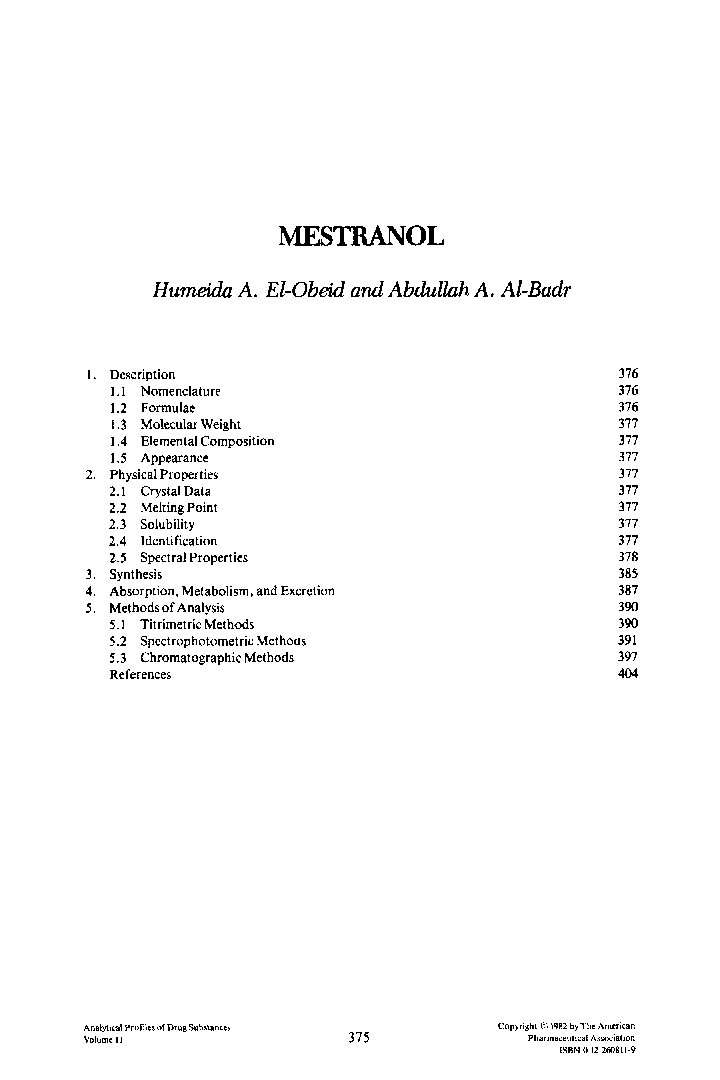| Article ID | Journal | Published Year | Pages | File Type |
|---|---|---|---|---|
| 3978677 | Bulletin du Cancer | 2013 | 32 Pages |
Abstract
In 2010, in France, 8,790 men died from prostate cancer despite a low and decreasing mortality rate. The individual risk/benefit ratio of prostate cancer screening is the focus of controversy and currently not in favor of a systematic screening program. Therefore, only prevention could reduce incidence, side effects of treatment and related mortality. Interestingly, prostate cancer prevention is also a field of controversy mainly about 5-alpha-reductase inhibitors. However, it could be expected that pharmaco- or diet-based prevention will be a huge tool for cancer control, even more for prostate cancer burden. This review comprehensively analyses which molecules or compounds could be used in preventive trials. With regard to pharmaco-prevention, three different kinds of drugs could be identified. First drugs, which aim at mainly or even solely reduce prostate cancer risk such as 5-alpha-reductase inhibitors and selective estrogen receptor modulators. Drugs, which aim at wider preventive impact such as: nonsteroidal anti-inflammatory drugs or difluoromethylornithine. Lastly, drugs for which reducing prostate cancer incidence is merely a side effect such as statins, metformin or histones desacetylase inhibitors. With regard to diet-based prevention, two main approaches could be identified: aliments and nutriments, on one hand, and vitamin and minerals, on the other. Interestingly if compounds reach experimental plausibility, natural foods or even global diet seem to have a higher impact. Lastly, besides assessment of efficacy, effectiveness required the critical step of compliance, which might actually be the weakest link of the prevention chain.
Keywords
Related Topics
Health Sciences
Medicine and Dentistry
Oncology
Authors
François Eisinger, Géraldine Cancel-Tassin, Abdel Rahmene Azzouzi, Gwenaelle Gravis, Dominique Rossi, Olivier Cussenot,
